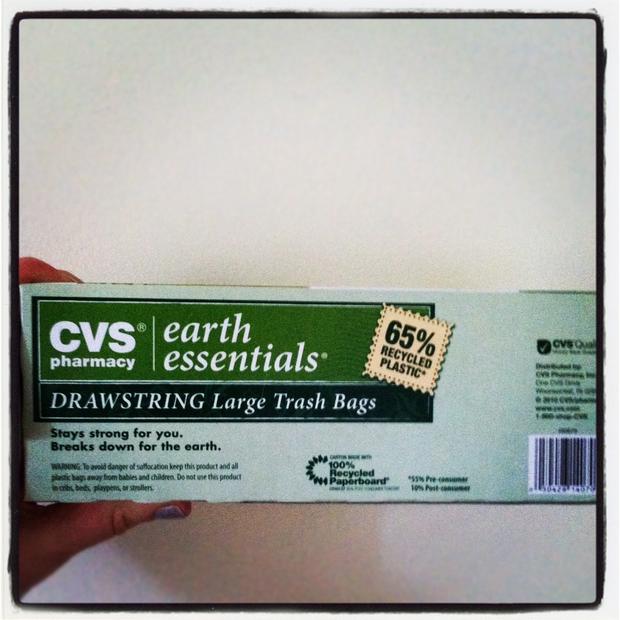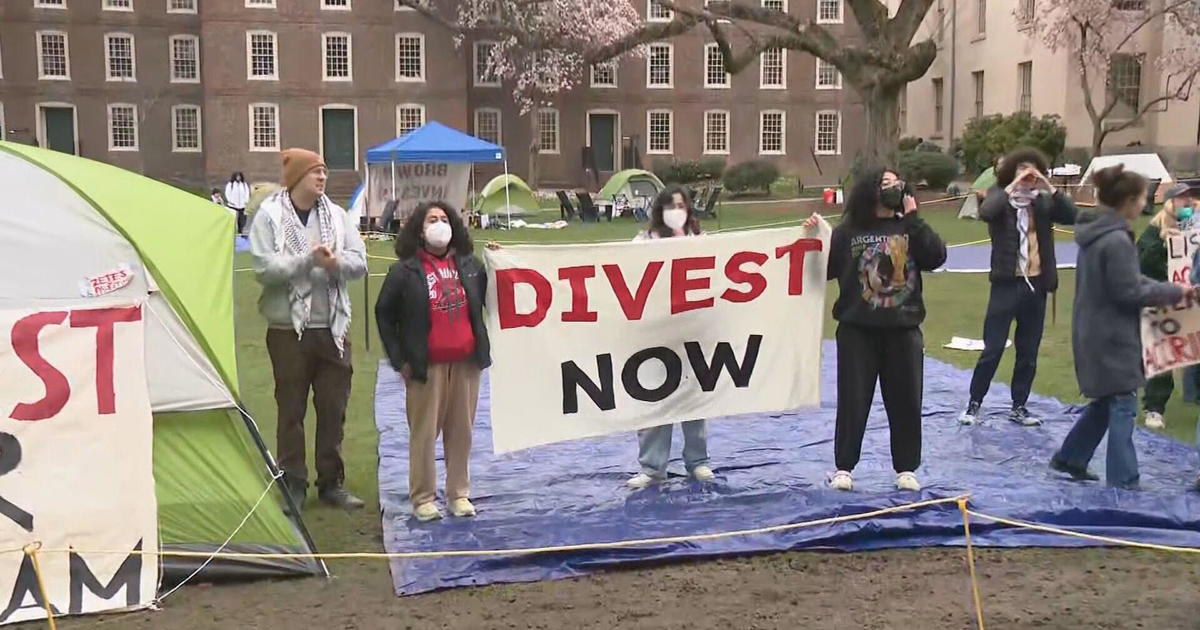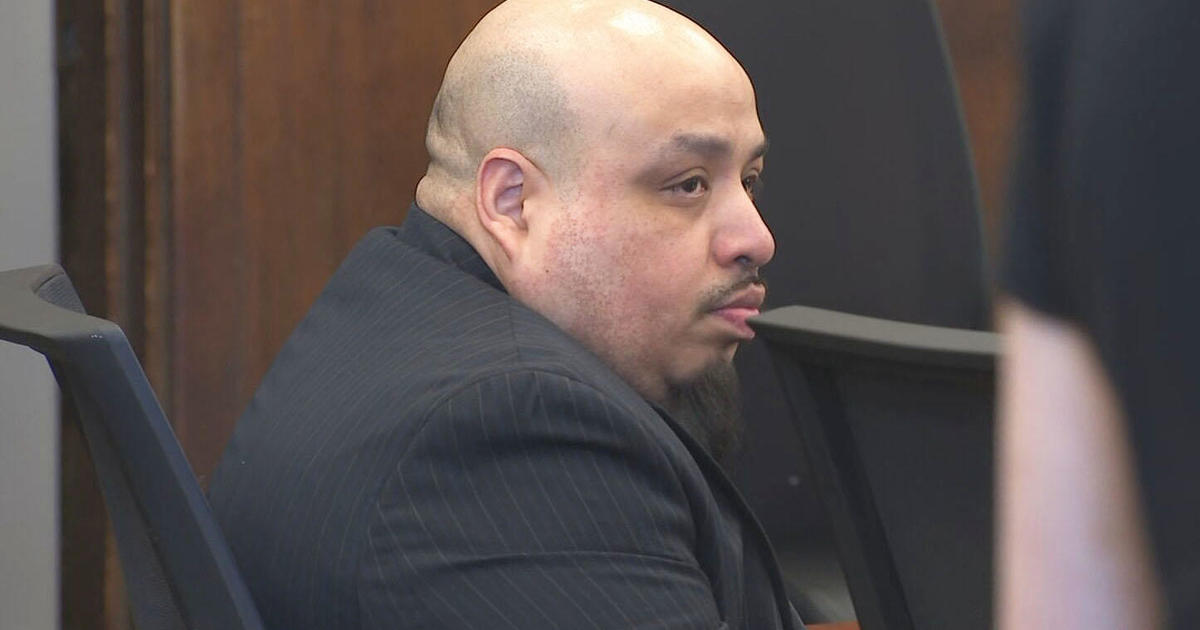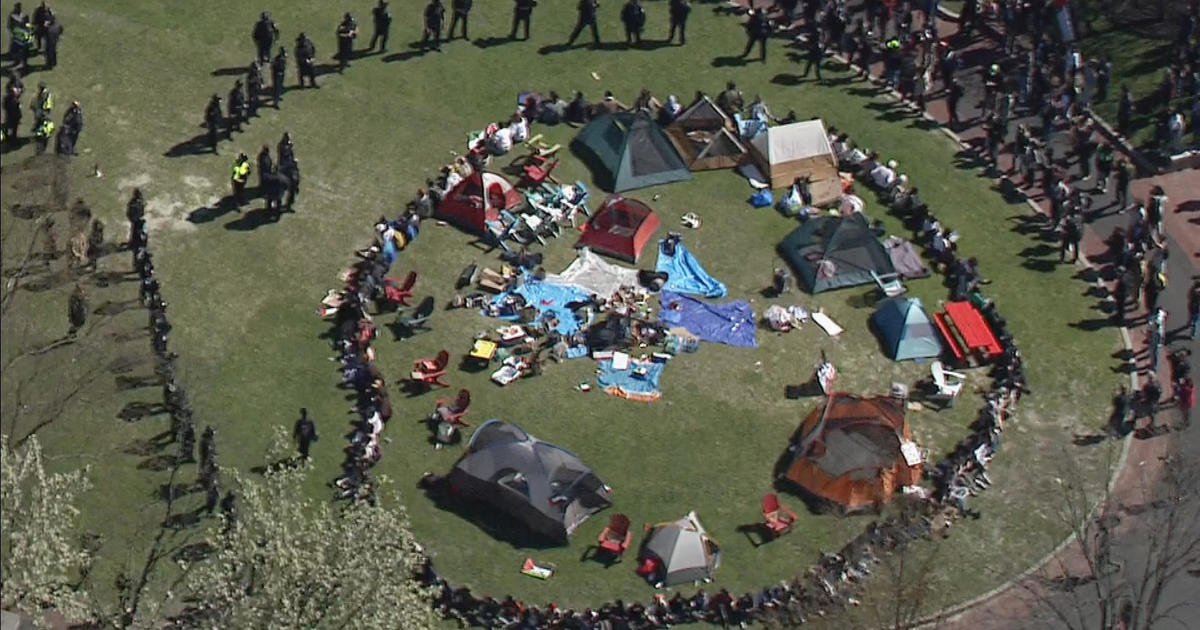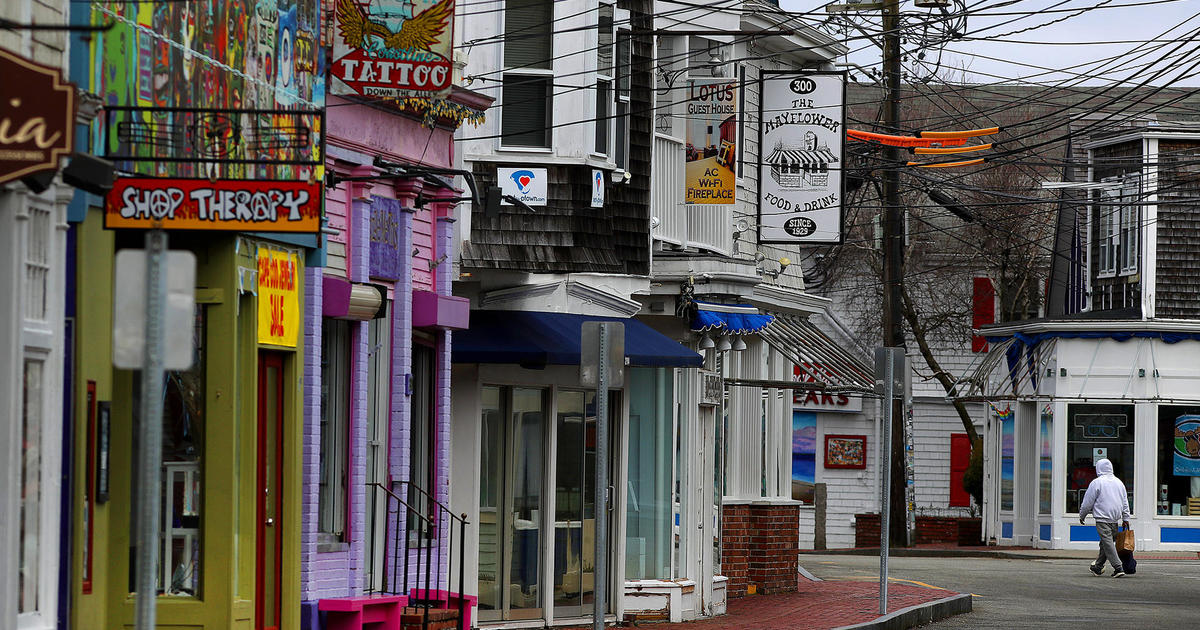Recycling Programs In Boston
Bostonians are very fortunate to have an advanced curbside recycling program. While many consider this a commonplace entitlement, it is a fairly complex system with a lot of moving parts. Here are the basics of Boston's recycling systems.
When recycling collectors pick up items from the streets on trash days, they look for standard blue city recycling bins, large blue city recycling containers and trash cans that have been repurposed as recycling bins (and are clearly labeled, using a blue city recycling sticker). Smaller households can also put recyclables in clear plastic bags. However, only certain neighborhoods are permitted to use the clear bag method, including the following: Back Bay, Bay Village, Beacon Hill, Charlestown, Chinatown, Downtown, East Boston, Fenway, Mission Hill, North End, Roxbury, South Boston, South End and West End.
So what can you put in your recycling? Pretty much all paper, plastic, aluminum and glass can be collected. Single stream is the term for the recycling process in Boston in which residents do not have to separate paper and cardboard from cans and bottles. Instead, they may mix all recyclable materials together in one large container. Everything from old toys to empty pizza boxes can all be recycled in the same bin. However, this sometimes degrades the quality of the paper materials and decreases the percentage of likeliness that they can be recycled. Paper must be dry and clean in order to be recycled, so please rinse and dry cans, bottles and food containers before placing them in the same bin as clean paper recyclables.
There are a few common misconceptions about what items are recyclable. To learn more about what can and cannot be recycled in Boston, please read through the Recycling and Trash Directory.
There are also a few terms that are good to know when it comes to understanding Boston's recycling system. The first is "e-waste," which refers to the disposal of electronics. Hundreds of millions of cell phones are thrown away in the United States each year. But few people stop to consider where these phones end up. Many end up in landfills, while others are shipped to massive electronic waste dumps overseas, causing widespread toxic pollution. Thus, it is very important to dispose of electronics in the most responsible way possible. Many electronics can be disassembled with the parts sent to appropriate recycling centers. Other items can be refurbished and resold or donated. To recycle old electronics, check the Boston City Hall schedule of e-waste collections. This schedule can be found here. Along with the electronics waste drop-off days, there are also days dedicated to hazardous waste drop offs. Hazardous waste includes items like oil and paint cans, compact fluorescent light bulbs, pesticide/fungicide cans, aerosols, batteries, thermostats, oven cleaners and tires.

Another term to know is plastic number five. Also known as polypropylene, plastic number five is used for yogurt containers, syrup bottles, ketchup bottles, caps, straws and medicine bottles. In many municipalities, plastic number 5 is not recyclable, but luckily it is collected and recycled in Boston.
You May Also Be Interested In These Stories
Cameron Bruns is the founder of BostonGreenBlog.com and co-author of Just Us Gals Boston. She lives in Boston's North End, where her goal is to promote ethical, stylish, and sustainable lifestyle choices to all Boston residents. Her work can be found on Examiner.com.
